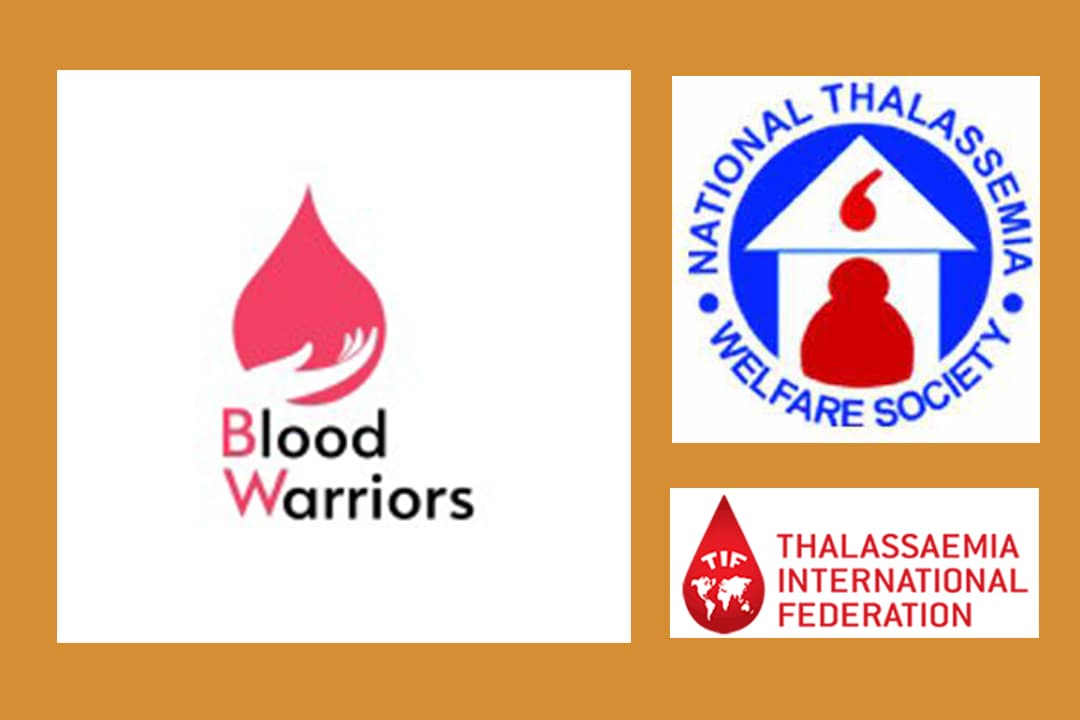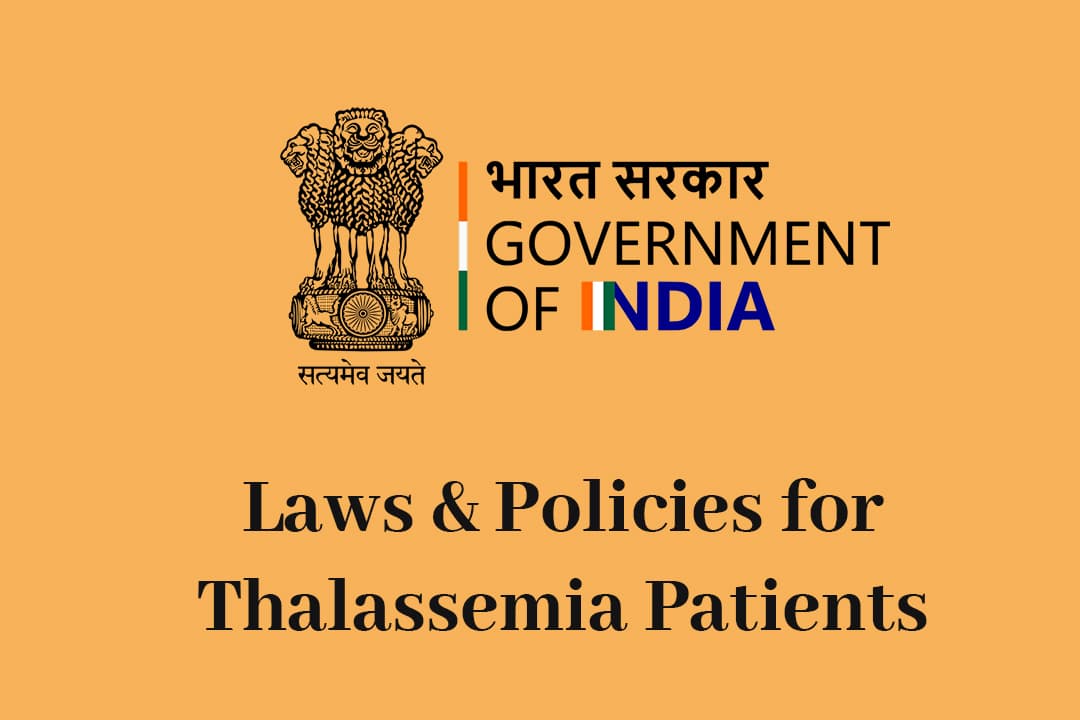Why is Blood Donation a Problem
Blood Warriors
July 20, 2025
Blood donation is a crucial and life-saving activity that helps to ensure that there is a sufficient supply of blood available for those who need it. Unfortunately, there are often shortages of blood, particularly in developing countries, which can have serious consequences for patients who require blood transfusions. In this article, we will explore the importance of blood donation, the problems that exist in the general public, and the benefits of donating blood.
Why is blood donation important?
Blood is an essential component of the human body, and it plays a vital role in maintaining our health and well-being. Blood is responsible for carrying oxygen and nutrients to our cells and organs, and it helps to remove waste and carbon dioxide from the body. When we lose blood due to injury, illness, or surgery, it can be life-threatening if not replaced.
Unfortunately, the demand for blood often exceeds the supply, and this can have serious consequences for patients who require blood transfusions. For example, patients with severe anemia, cancer, and other conditions may require regular transfusions to survive. In addition, blood is needed for emergencies, such as accidents and natural disasters, when there may be a sudden and urgent need for blood.
Problems in the general public
Despite the importance of blood donation, there are often shortages of blood, particularly in developing countries. There are several reasons for this, including:
- Lack of awareness: Many people - especially millennials - are unaware of the importance of blood donation or the need for blood in their communities.
Fear of needles: Some people - especially millennials - may be afraid of needles or have a phobia of blood, which can discourage them from donating.
- Misconceptions: There are often misconceptions about blood donation, such as the belief that it is unsafe or that it will make a person weak or sick. These misconceptions are more common among millennials.
- Limited access: In some parts of the world, access to blood donation centers may be limited, which can make it difficult for people to donate. This can be especially true for millennials who may not have access to a blood donation center near them.
Benefits of donating blood
Despite the challenges, there are many benefits to donating blood, both for the individual donor and for the community as a whole. Here are just a few of the benefits of donating blood:
- Saving lives: The most obvious benefit of donating blood is that it can save lives. By donating blood, you can help to ensure that there is a sufficient supply of blood available for those who need it.
- Improving health: Donating blood can also have health benefits for the donor. For example, it can help to reduce the risk of heart disease and lower blood pressure.
- Feeling good: Donating blood can give you a sense of accomplishment and fulfillment, knowing that you have made a positive impact on the lives of others.
- Meeting new people: Blood donation centers often have a friendly and welcoming atmosphere, and they can be a great place to meet new people and make connections.
- Convenient and quick: Donating blood is typically a convenient and quick process, and it can be done on a flexible schedule at a blood donation center near you.
Overall, donating blood is a simple and rewarding way to make a difference in the lives of others. By donating blood, you can help to save lives, improve your own health, and feel good about yourself. I encourage everyone, particularly millennials, to consider donating blood and making a positive impact in their community.



